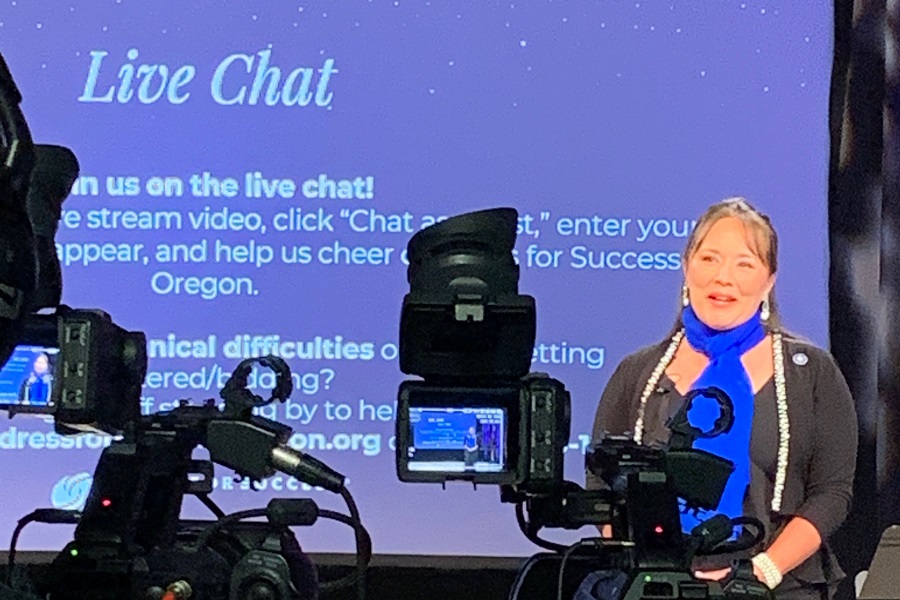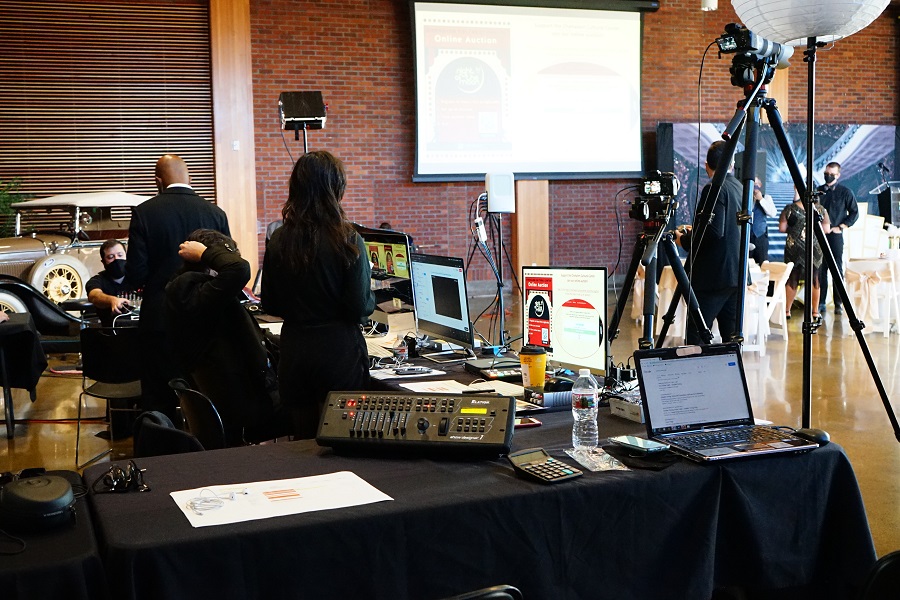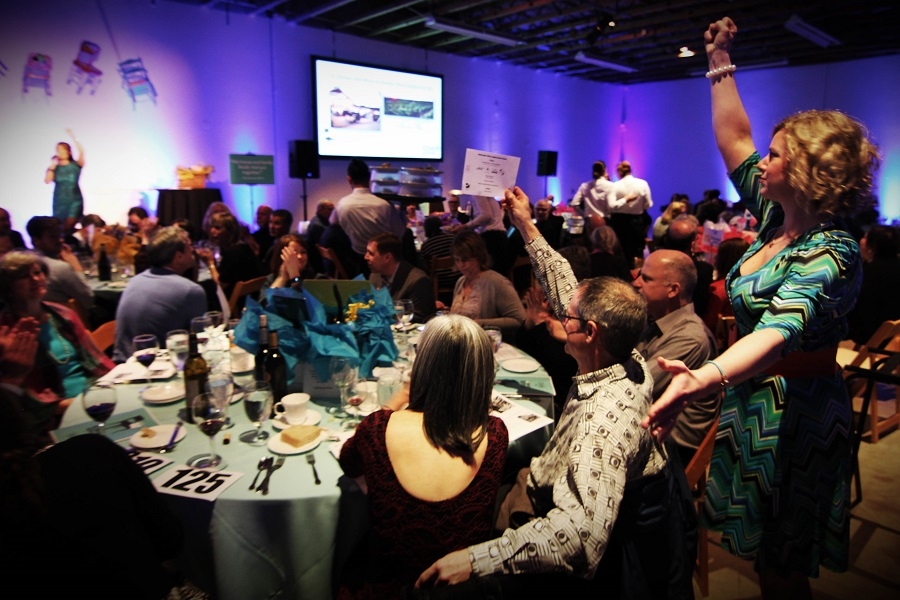Livestreaming, text alerts and a new generation of online customers have transformed the live-auction industry.
When Gov. Kate Brown announced a ban on public gatherings in March 2020, Misty Marquam had just two days to organize a fully virtual auction. The event was an annual fundraiser for the Catlin Gabel High School, and had consistently raised $350,000 in the previous years.
School administrators were counting on the funds raised by the auction. Marquam. founder and principal auctioneer at Marquam Auction Agency in Portland and Bend, recruited students from the school’s audio-visual club and seniors taking technology courses to help with the auction house’s first livestream auction. When the event began, there was a high degree of uncertainty around how much attendance, and revenue, would be affected.
“We had no idea if this was going to work. We didn’t know if anyone was going to watch the darn thing,” says Marquam. “We had to figure it out as we went because it had never been done before.”

A livestream auction event at Marquam Auction Agency. Credit: Marquam Auction Agency
The event exceeded expectations, raising more than $1 million for the private school. It also paved the way for a new auction house business model, which integrates in-person and online attendance.
Since the pandemic shuttered large in-person gatherings, Marquam and other auctioneers around the state have incorporated digital elements into their auctions. Following in the footsteps of livestreamers and online content creators, auction houses have added more video content, animations and prize giveaways to attendees in chat as a way of engaging both live and at-home participants.
Marquam says the COVID-19 pandemic “annihilated” her previous business model and forced her to reimagine her company’s events. The success of her first auction led her to develop new engagement strategies.

Acrobats perform at a live auction event. Credit: Marquam Auction Agency
“We have been perfecting the art of the virtual event,” says Marquam. “We had people who were speaking too long and for no reason. We had to make it much more succinct and cohesive. We added a lot more video and graphics, GIFs and design. We’re very educational, and use lots of lots of graphs and statistics that tell the story.”
Moving into the digital space has allowed Marquam to include more information about the charitable organizations it supports, allowing remote and in-person attendees to learn where their money is going. Another innovation has been the use of text alerts when a user has been outbid, letting buyers participate in an auction by phone.
For Terry Mangum, co-owner of Capitol Auction & Estate Services in Salem, adopting a hybrid model has brought in a younger generation of customers, as well as collectors from across the country.

Preparation for a livestream auction event at Marquam Auction Agency. Credit: Marquam Auction Agency
Capitol Auction & Estate Services does not use live video feed for its hybrid auctions, only audio. But the online elements of the business have reshaped the company.
“As opposed to a general auction where you show us and see something and say, ‘Oh heck, I’ll bid on that,’ now people browse an online catalog describing and picturing the items. Now we get pre-bids weeks in advance,” says Mangum. “It’s changing from being more of an event to being more about people who are looking for particular things.”
While there has been a dip in sales from regular attendees who prefer the old way of doing things, the new model means the auction house now has bidders from across the country. Despite losing a handful of auction purists, the new business has mostly made up for their absence.
“We’ve always had an online presence but when COVID happened we went 100% online. There was a dip in sales at the beginning but overall I would say our numbers are similar. It’s just changed the way we operate” says Mangum. “Just like COVID has.”
To subscribe to Oregon Business, click here.




